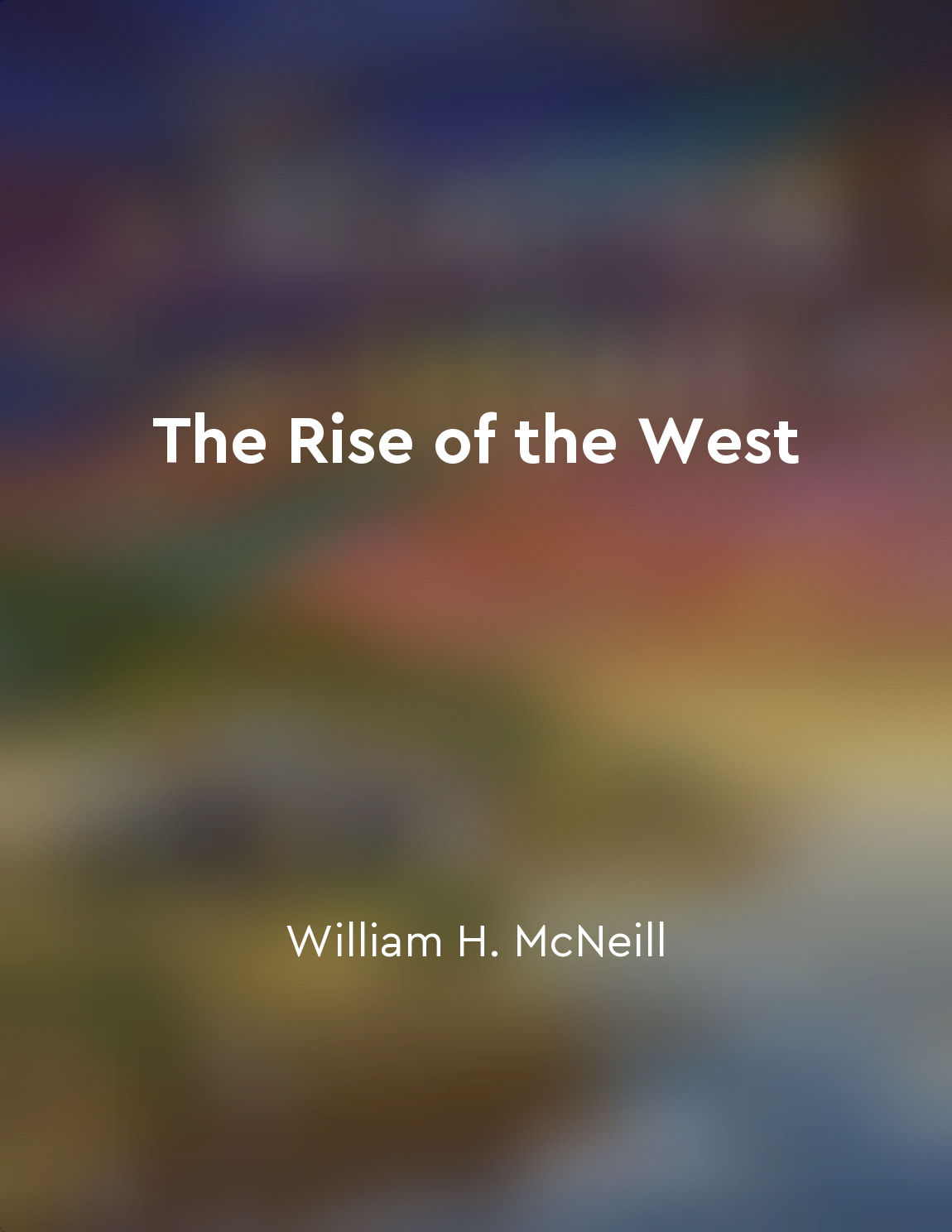Impact of cultural beliefs on economic structures from "summary" of The Protestant Ethic and the Spirit of Capitalism by Max Weber
Max Weber explores the intricate relationship between cultural beliefs and economic structures in his seminal work. He delves into how deeply ingrained cultural values and norms can shape the economic behavior of individuals and societies. Weber argues that certain cultural beliefs, such as those influenced by Protestantism, have had a profound impact on the development of capitalism. Weber examines the Protestant work ethic, which emphasizes hard work, frugality, and discipline as virtues. According to Weber, these values instilled by Protestantism played a crucial role in the rise of capitalism in Western societies. The idea of work as a calling, as a means to glorify God, led individuals to engage in productive labor and accumulate wealth. This mindset, in turn, fueled the growth of capitalism by promoting innovation, investment, and economic development. Moreover, Weber highlights how cultural beliefs can shape economic structures by creating a conducive environment for capitalism to thrive. The emphasis on individualism, rationality, and accountability in Protestantism, for example, fostered a climate where entrepreneurship and market competition could flourish. These cultural values promoted a meritocratic system where success was believed to be a result of hard work and diligence. Furthermore, Weber discusses how cultural beliefs can influence economic institutions and practices. The Protestant emphasis on personal responsibility and self-reliance, for instance, paved the way for the development of modern capitalism with its focus on individual initiative and risk-taking. This cultural orientation towards work and wealth accumulation helped lay the foundation for the capitalist economy we see today.- Weber's analysis underscores the profound impact that cultural beliefs can have on economic structures. By examining the interplay between religious values, social norms, and economic behavior, he sheds light on the complex relationship between culture and capitalism. Through his work, Weber invites us to critically reflect on the role of cultural beliefs in shaping our economic realities and to consider how they continue to influence our economic structures and practices.
Similar Posts
Rational calculation
As we have seen, the spirit of capitalism is deeply intertwined with the concept of rational calculation. Rational calculation ...
Trade liberalization can boost growth rates
Trade liberalization can boost growth rates through various channels. Firstly, by removing trade barriers such as tariffs and q...

Collective action can address global challenges
In the face of global challenges like climate change, pandemics, and technological disruptions, individual countries often stru...

The rise of the West leads to global power shifts
The interconnectedness of human societies has been a driving force behind the rise of the West and the subsequent global power ...
Government plays a role in regulating the economy
The economy is not a self-sustaining, self-regulating entity. Left to itself, it has a tendency to fluctuate wildly, creating b...
Economic reforms can lead to societal change
Economic reforms have the potential to catalyze significant transformations within society. When policies and regulations gover...
Business as a form of religious service
The Protestant work ethic, as advocated by Calvinist teachings, emphasized the importance of hard work, frugality, and diligenc...
Consumption patterns reflect societal values
Consumption patterns, as we see them today, are not simply a matter of individual choice or preference. They are, rather, refle...

